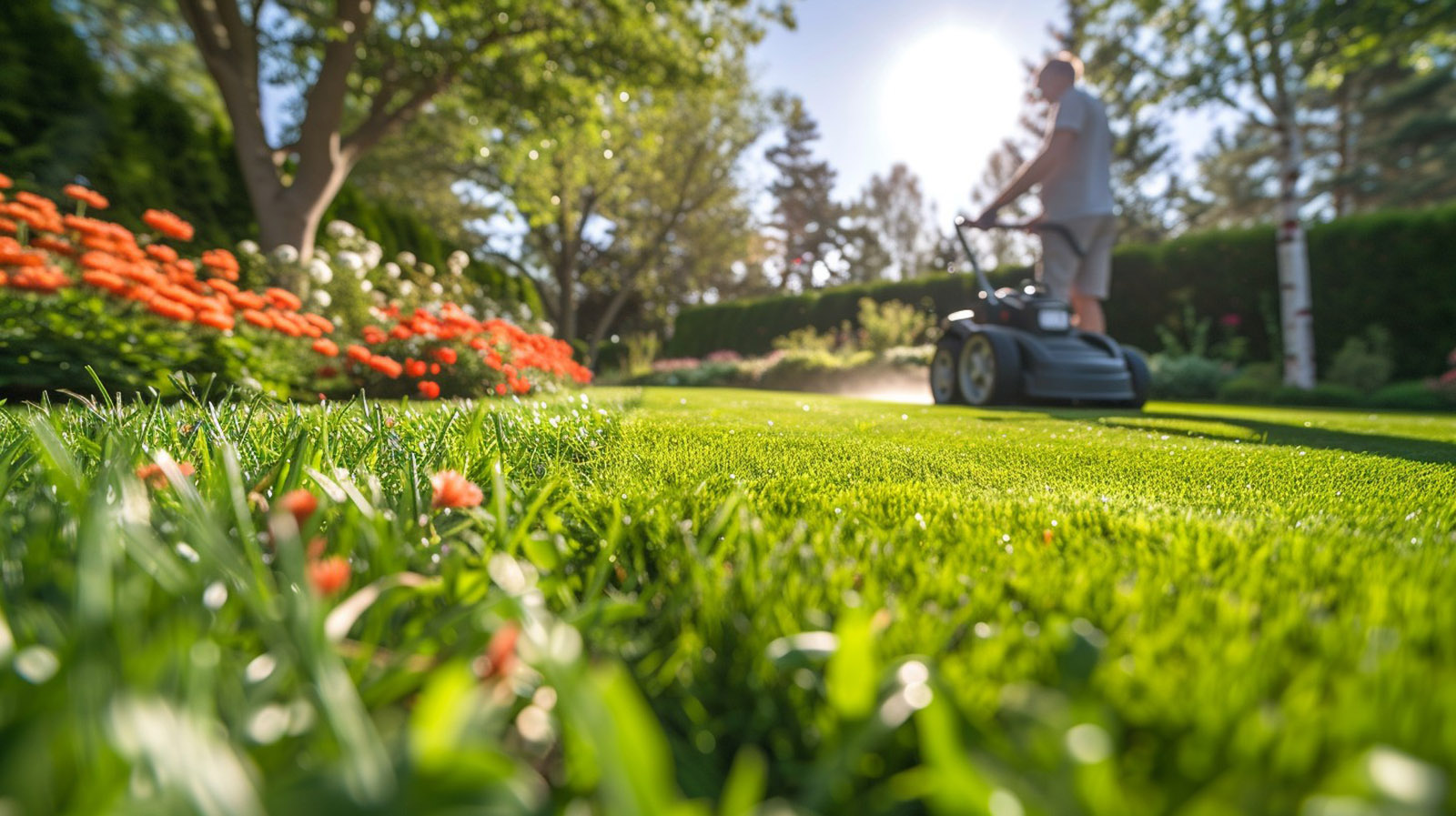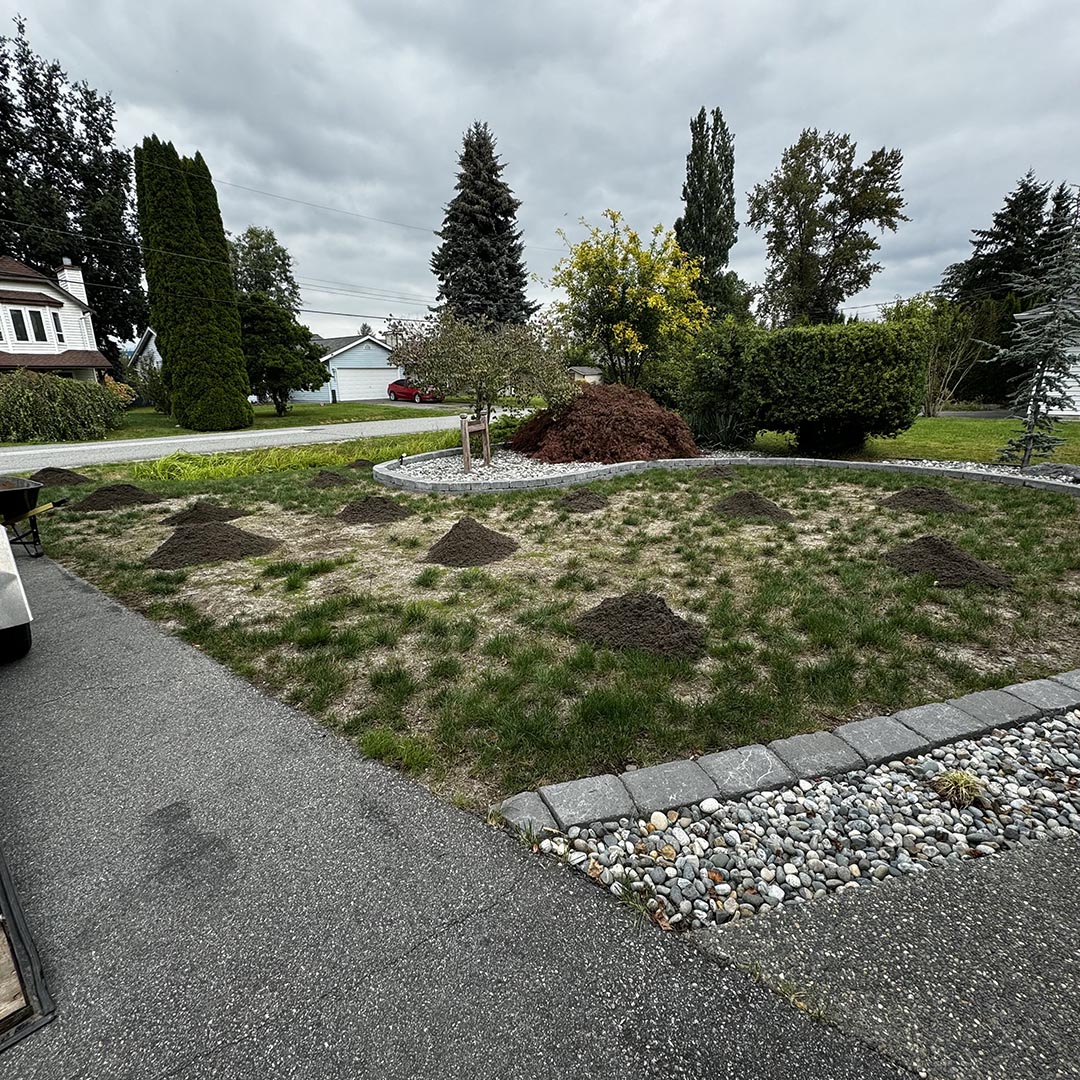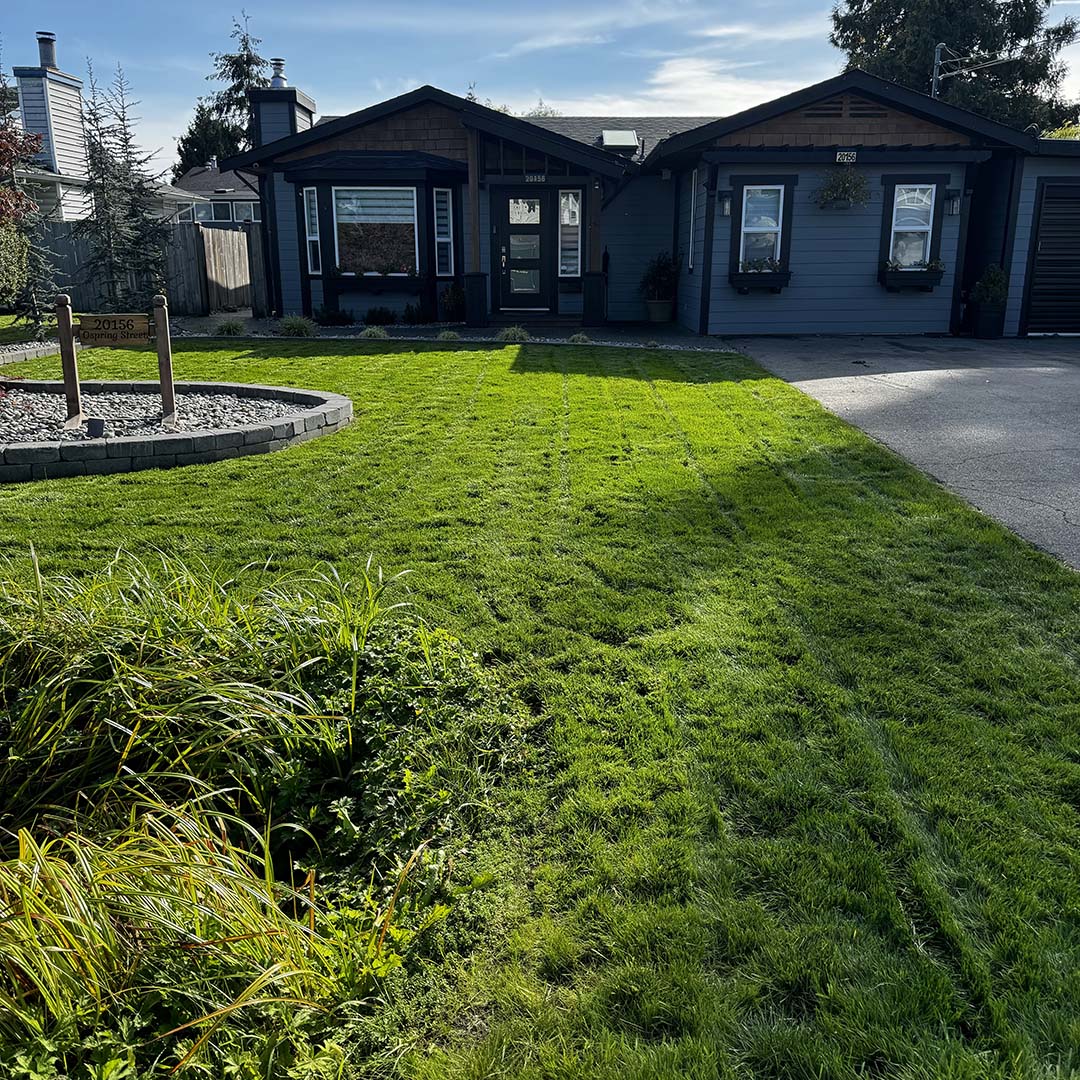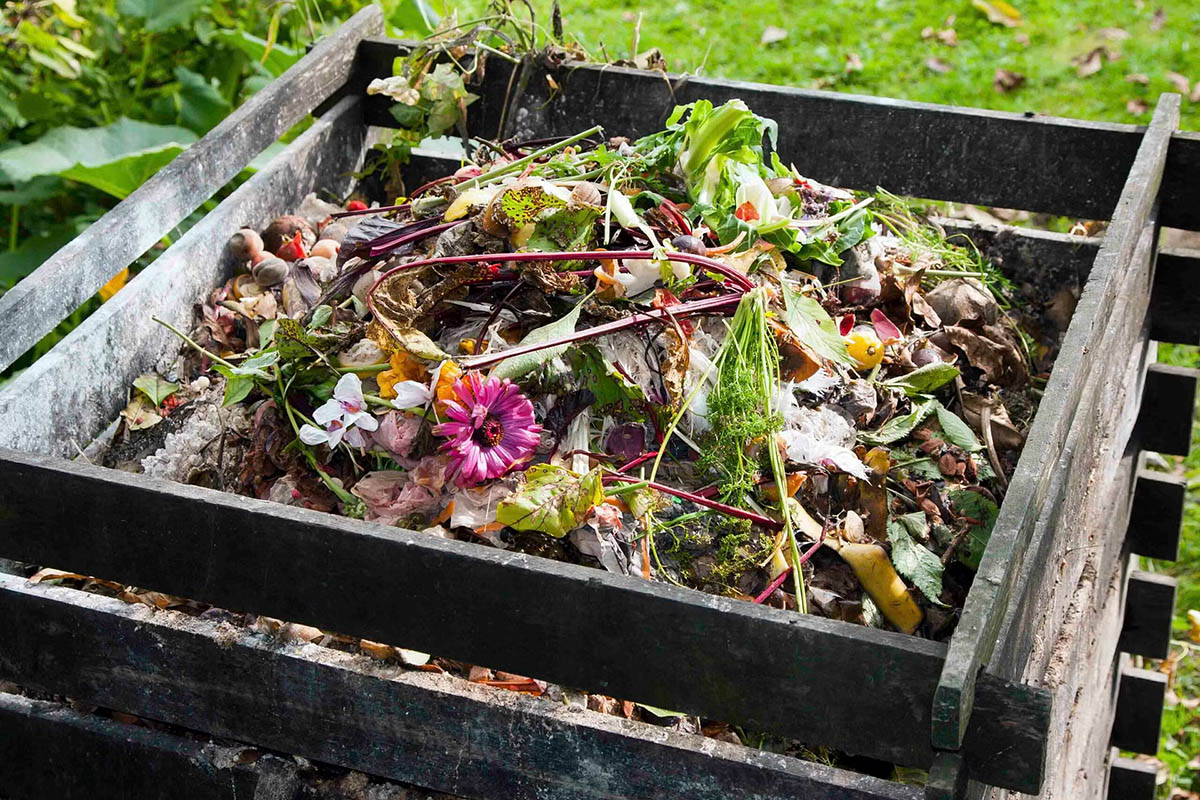
Compost bins are an excellent way to recycle household waste like food scraps, paper, cardboard, and garden waste, transforming it into rich, natural fertilizer for your garden. By setting up a compost bin, you control what goes into your compost, ensuring a safe and effective product for growing fruits, vegetables, and other plants.
Types of Compost Bins
- Enclosed Bins: Ideal for smaller yards, these bins handle food scraps and limited garden waste. While they take longer to break down material compared to other types, they are low-maintenance and their lids keep animals out.
- Tumbler Bins: Also suited for smaller yards, these bins have a neat design and can handle food scraps, cardboard, and garden waste. The ability to tumble the bin aerates the compost, speeding up the decomposition process.
- Worm Farms: Compact and easy to store, worm farms are perfect for food waste and paper. They require more care, needing to be kept at temperatures below 25 degrees Celsius and in a moist environment. The reward is a rich organic fertilizer that greatly benefits your garden.
Where to Place the Compost Bin
Place your compost bin in a shady area to prevent it from drying out. Consider its proximity to the house and entertainment spots, as the odour can be off-putting if too close.
What Can Go in My Compost Bin?
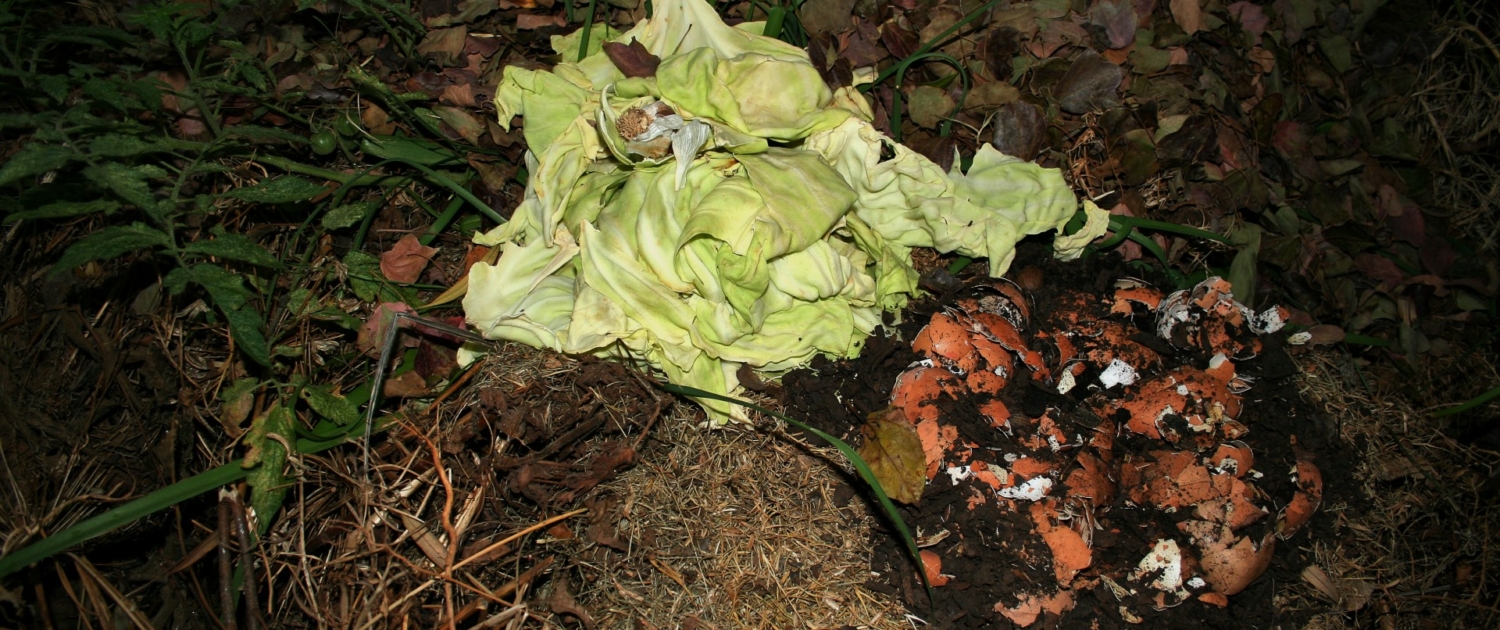
Layering materials in your compost bin is key, using a mix of brown and green waste:
- Brown Waste: Includes moistened cardboard, hay, and dry leaves. These provide carbon and help aerate the compost.
- Green Waste: Includes fruit and vegetable scraps, and garden waste. These provide nitrogen and help the decomposition process.
A good rule of thumb is to use two parts brown waste to one part green waste. Other materials that can be added include straw, teabags, eggshells, and lint from the dryer or vacuum.
What Not to Put in My Compost Bin
Avoid adding meat, dairy products, fats, oils, and charcoal to your compost bin, as they can attract pests and create unpleasant odours.
Do I Need to Water Compost?
Your compost needs moisture to decompose properly. Ensure it is moist but not overly wet. If it appears dry, a light spray with a hose or adding a litre of water will suffice.
How Often Should Compost Be Turned or Aired?
Turn your compost pile once a week to allow oxygen to help the decomposing process. If you don’t have a tumbler bin, use a shovel or pitchfork to mix the materials.
How Will I Know When the Compost is Ready to Use?
Compost is ready to use when the materials are unrecognizable, and the pile has turned a dark brown with an earthy odour.
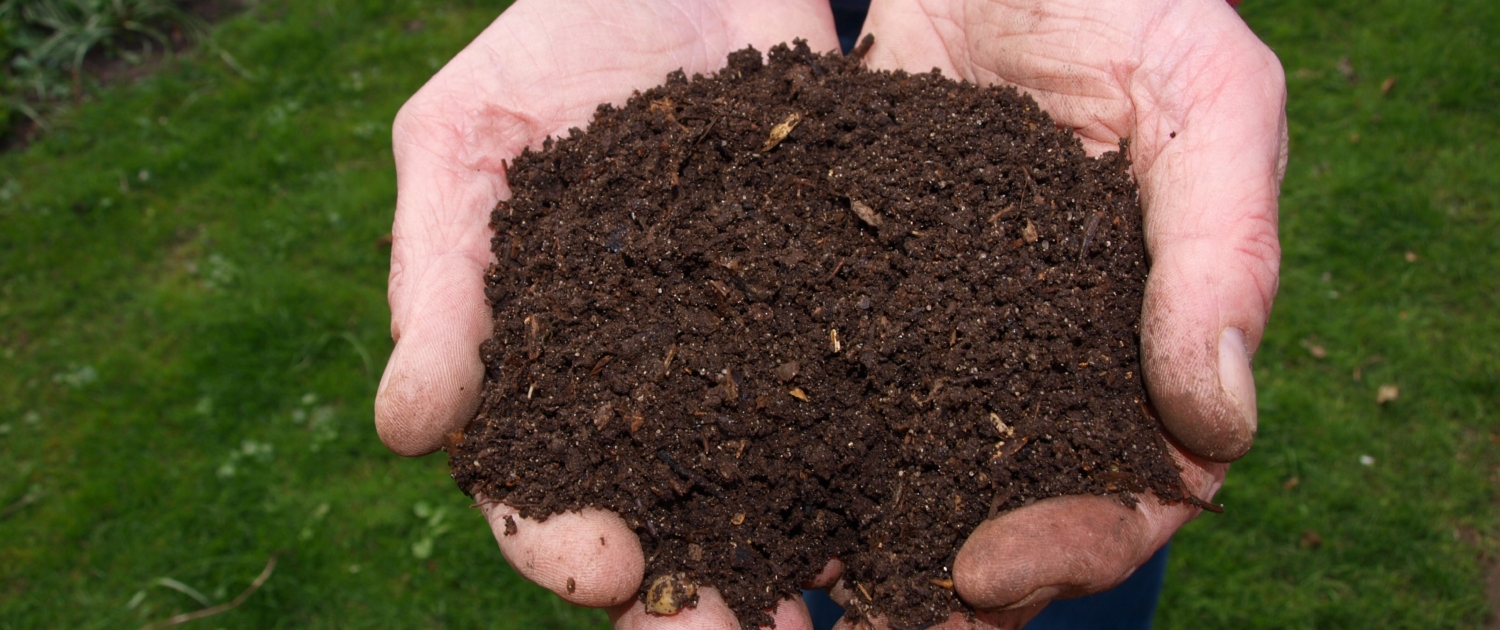
How to Set Up a Compost Bin
Setting up a compost bin is a simple, rewarding process that benefits both your garden and the environment. With the right care and attention, you’ll have rich, homemade compost in no time.
